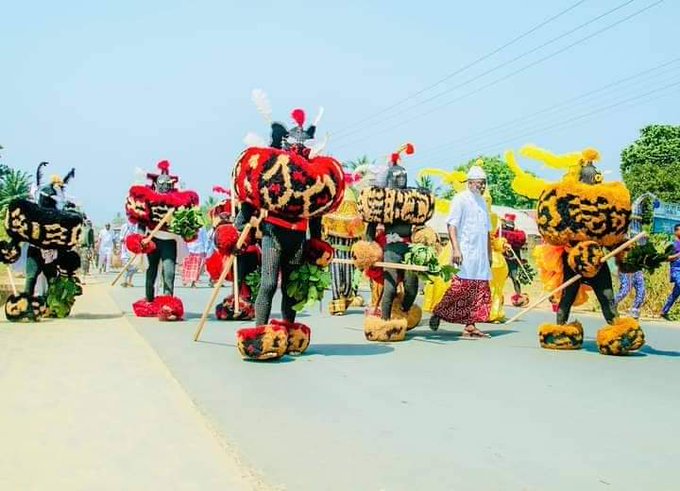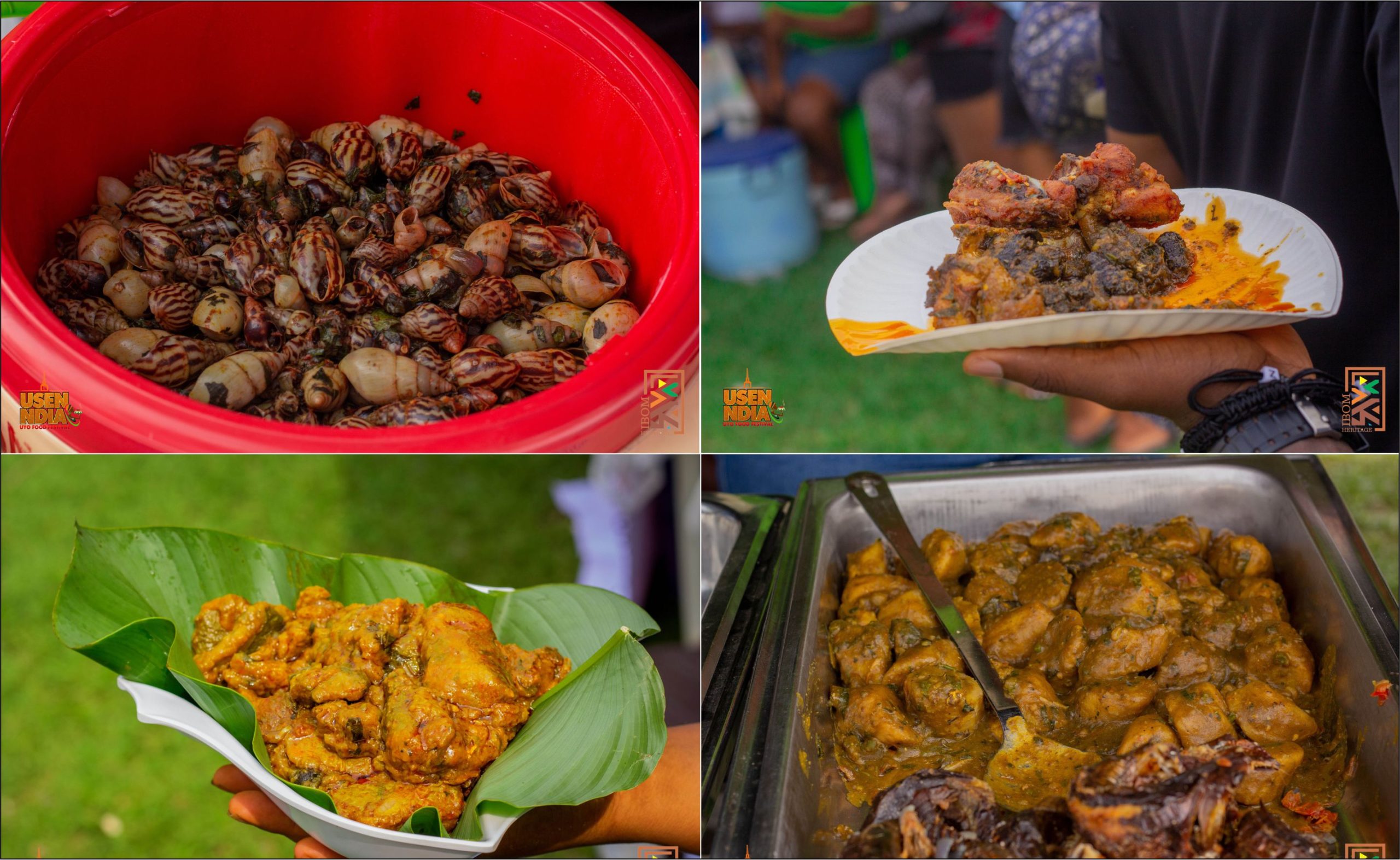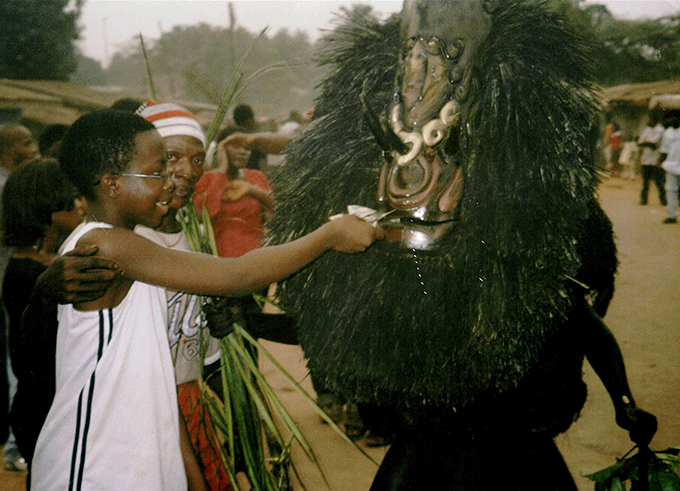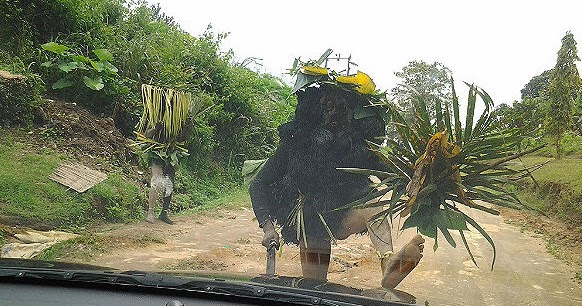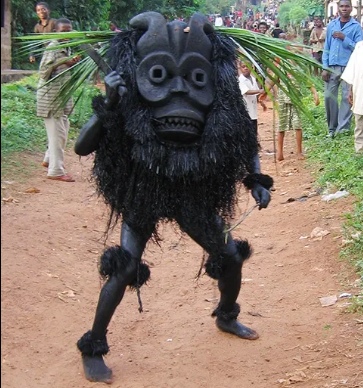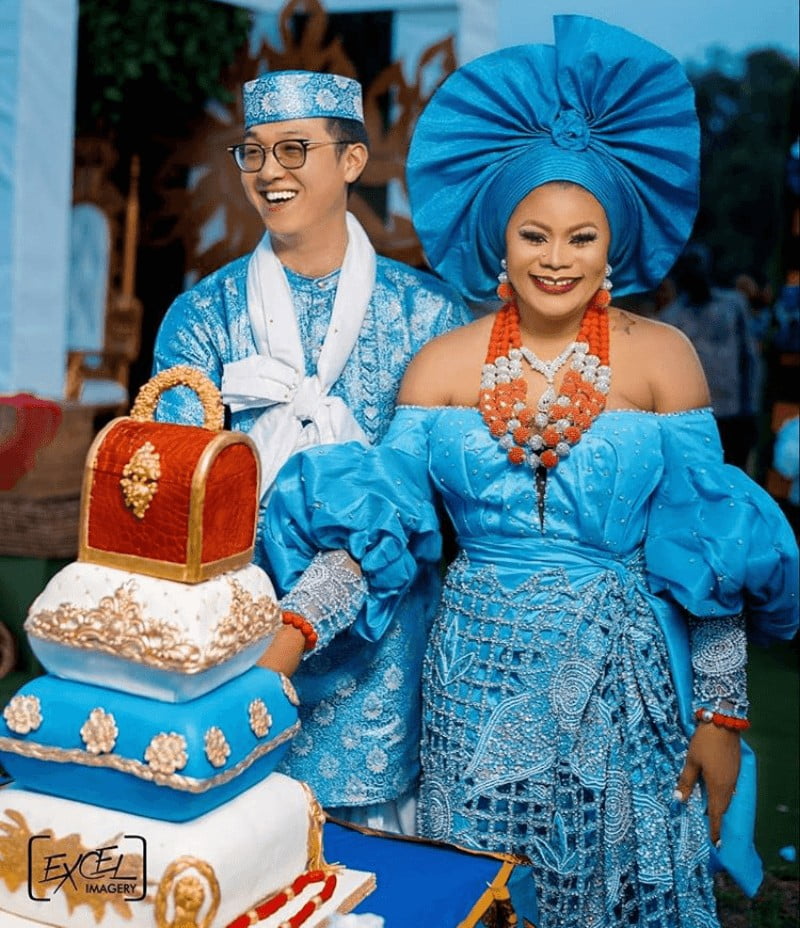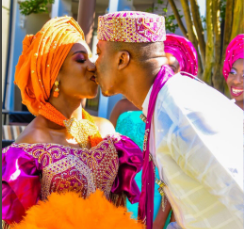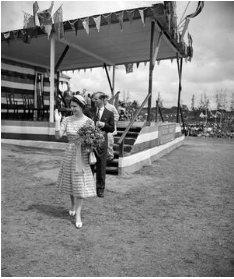Ukapadisua 2023 for us saw us show up at Iboku Uruan and Ikot Akpan Abia Ubium Day. For those who don’t understand, Ukapadisua is the Ibibio term for the yuletide season. In this article, we present the remarkable Akwa Ibom cultural season that December 2022 to January 2023 became for Ibom Heritage. The two events highlighted, are by no means the only ones that held across the land.
The Festive months of December/January typically register diverse forms of jubilation and celebration of different magnitudes across board. Cultural events are top of the line in most societies and environments during this time. In a similar vein, Ibom Heritage Preservation Organization had earmarked the period to witness and curate some more values and heritage of Ibom people. We set out to capture in images, culture that truly distinguishes Akwa Ibom people. The Organization had designated different outings within this period to attend, witness and capture. Our aim was to preserve remarkable cultural legacies.
Iboku Uruan
The most significant ceremony of the season for us was also our flagship partnership with Uruan people; Iboku Uruan Cultural Festival 2022. It held at Mbiaya Uruan Primary School Ground on the 28th of December. This is an annual gathering of the Akpe/Iboku Etongko Mkpe Uruan Heritage Foundation of the Uruan Clan. It is held to promote the awareness of the cultural heritage of the Uruan people as a whole.
Highly esteemed dignitaries, lovers, sponsors of Culture and Tourism attended Iboku Uruan from far and near. The major focus of the event was on a showcase of different Ekpe ensembles. It was a very rare display of the Ekpe culture in their diverse glories.
The Ekpe cult has its masquerade of the same name. It is rooted in the Efik culture of the Ibibio people. [See Oto-Obong Uwah’s book; “Ibibio Nation: History and Culture” for more]. The Efiks parade Ekpe with such majesty and splendour. This was the treatment the gave us at Iboku Uruan. It was truly remarkable to behold; colourful, exhilarating, and awe-inspiring. The Nyoro Ekpe, Abang, Ekombi, Adiadia among others all made appearances to make the day an unforgettably rich cultural exhibition. See our gallery.
Ekombi Dance
One of the most vividly inspiring memories of the day was of the Ekombi Dancers. Their appearance preceded the outing of the various Ekpe Masquerades. Their display accentuated the beauty and elegance associated with the African woman. They had costumes that were eye-catching and strikingly colourful while their accessories were in total sync with their outfits. They wore combs, necklaces, mirrors, typical amazing Efik cultural garb, among others.
Their flamboyant hairstyles also caught the eye. They had a rich spin to the ceremonial hairdos richly complementing their exotic costumes and tattoos. Ekombi dance is inspired by the waves of the sea. According to historians, Ekombi dance came from the coastal fishing tribes of the Ibibios. The dance usually gestures the hand parting of oceans and seas. It perfectly blends with the unique percussive rhythm supplied by the Ekpe group drummers. As the maidens wind about, you see the energetic twirl as they gyrate with a smile on their faces giving away the gracefulness of the Efik art of Uruan people.
Historically, this dance presented attractive damsels ready for entertained suitors. In present day, it is nothing but entertainment, although on-lookers cannot help but note the attractiveness of the art along with the artists. Yes, you cannot miss their poise.
Ubium Day
Ikot Akpan Abia Ubium is a small community in Nsit Ubium Local Government Area. It borders with Ibesikpo. On the 26th of December, Ibom Heritage Preservation Organization was at Ikot Akpan Abia for the Ikot Akpan Abia-Ubium Development Forum Day. It was a celebration of the reunion of illustrious Sons, Daughters and other indigenes of the Community Their aim for this was to foster a sense of belonging for their community members and to enhance the quality of life and well-being of the society. In the event, they gave awards, local ballad presentations, rendered dance, music and lectures.
Notable plays on the day were The Akaba (Nka Akparawa) with their ‘Atayad’ performances. It set the tempo for the unveiling of ‘Ekpo Taab ’. This is a revered masquerade in those parts. Ibom Heritage Preservation Organization is delighted to have been a part of that grand day.
Ekóng Festival
We were at Eket to witness the Ekóng Festival of January 1, 2023. Although we did not acquire original images at the crowning the festive period, we still have a few in our Gallery. This was a spectacle of cultural glamour as indigenes and tourists came out en-masse to see what they seldom see in the Ekóng Esit Urua Masquerades.
These masquerades were in between scary and cute. They came out covered in pitch black charcoal armed with bows and arrows and their entourage spewing local gin reciting incantations, dancing, skipping, pausing and then resuming all over. Their cutlasses would clash as they chanted and sang in rhythm. In one instance, one of the figureheads of the Masqueraders ran to the Centre of the Market and dipped his head into a basin of concoctions. He then raised it to make contact with the other Ekóng masquerades. This was accompanied by a unison chorus of ‘Ekid, Ekid, Ekid’. The significance of that action was to portray unity among Eket people. Ekóng Society Elders’ initiates were also on ground to uphold and reinforce the esoteric traditional rites that make the group distinct.
Conclusion
No doubts, Ibom Heritage Preservation Organization had a fascinating festive season in covering these events that promote the cultural values and renaissance of the people and the Organization will be taking this enthusiasm into 2023 with many special activities lined up. We urge you to stay promoting and preserving the cultural heritage of all Ibom people.
Ibom Heritage Preservation Organization was present as partners and also to collect visuals from this event. Visit our Social Media Channels to see some photos and videos; also our gallery.

